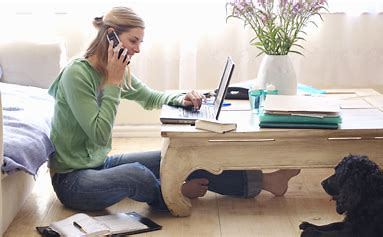Many of us may have mixed feelings about leaving behind the
comfort of working from home. Yet there’s much to gain from working together
with our colleagues.
Early on in the pandemic, many of us were asked to work from
home. It was a huge change, but it gradually became our new ‘normal’ and we
began to appreciate the benefits of flexible working. Now workplaces are
opening up again, and we are being asked to return to the office. Here is how
to manage your mixed feelings.

Why we might resist going back to ‘normal’.
- You might feel anxious or
uncertain about returning to the office. Remind yourself this is understandable
as it is another change in a time of great upheaval. Take some time to read
your employer’s return to work plan, particularly the physical distancing,
cleaning and hygiene measures they have in place to minimise risk. This can
help alleviate concerns about your physical safety. And look after yourself
physically and mentally. Switch off from work at the end of each day, sleep
well, exercise and take regular breaks at work.
- You worry you will miss the
freedoms and work-life balance of remote working.
Hybrid working may be a
possibility in your workplace, which means you can still enjoy some of the
flexibility you have enjoyed. Even if it is not, you can still aim to keep new
routines you have developed in place, such as engaging with a new hobby or a
regular morning walk.

Think about the benefits of the physical workplace, such as:
- Social connection. For some
people, working from home felt isolating and lonely without the daily informal
chats with colleagues and the sense of community that the workplace can bring.
Younger and newer employees in particular have felt more cut off from their
teams. Being together releases oxytocin, which is a feel-good chemical in our
brains.
- Professional development. Being
with colleagues in person gives you the ability to make connections,
collaborate, network, and learn from others – all important for your career development.
Technology has helped us connect, but we can’t read nonverbal cues as well as
we can in person, and we are often limited by delays and technical glitches.